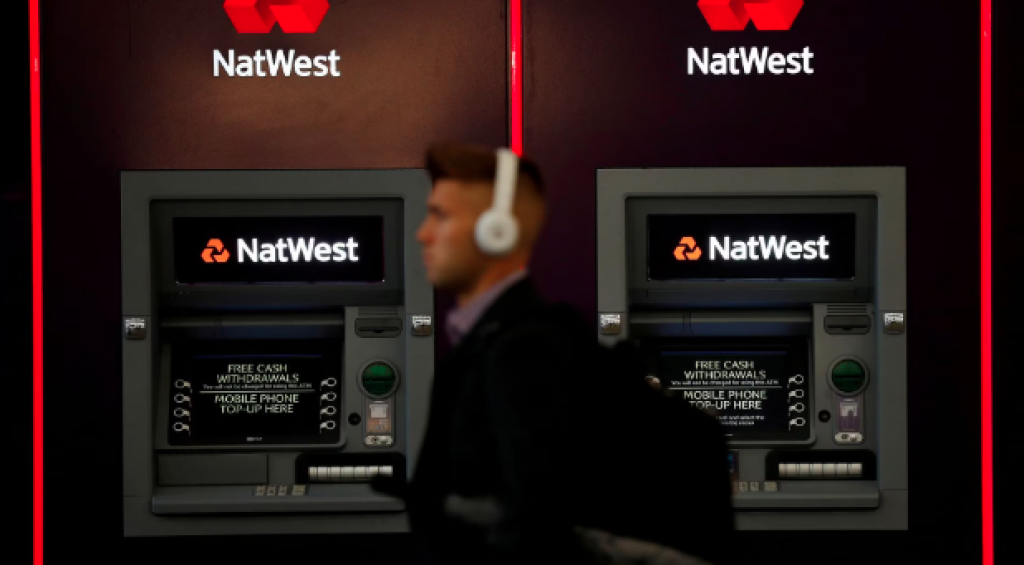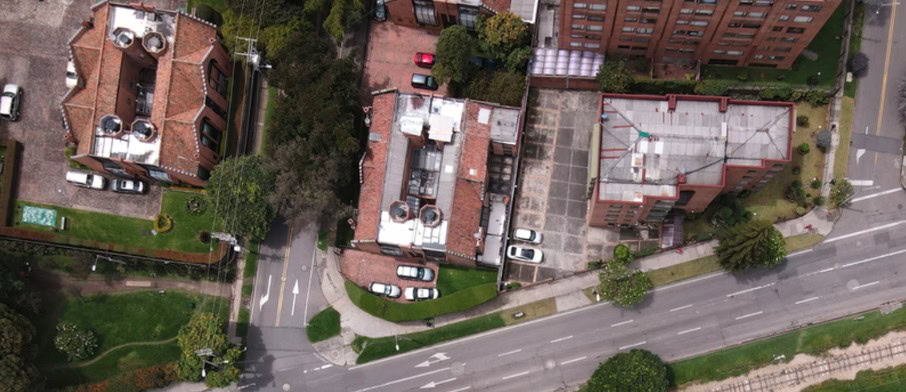NatWest warned on Friday that rising interest rates may not deliver the long-lasting earnings bonanza investors hope for, even though profit jumped by 33% last year.
Shares in the bank fell as much as 9% as investors digested forecasts for profitability and costs for 2023, even as the bank reported annual pretax profit rose to 5.1 billion pounds ($6.1 billion) from 3.8 billion pounds.
“We think broadly the results are likely to be seen as a miss on 2023 expectations today,” Credit Suisse analysts said, citing the bank’s unchanged returns target and guidance that costs would be 300 million pounds higher than analysts thought.
NatWest shares were down 6% at 1153 GMT. Rival Lloyds Banking Group, also focused on the UK market, was down 3%.
State-backed NatWest did increase payouts for shareholders, announcing a 10 pence per share final dividend and an 800 million pound share buyback.
NatWest CEO Alison Rose said the bank’s strategy was delivering and it had been clear on its economic forecasts – including a prediction that Bank of England rates would hold at 4% this year.
It also raised the staff bonus pool by nearly a quarter to 368 million pounds, prompting criticism because it is still 44% owned by taxpayers following its state bailout at the height of the 2008-2009 financial crisis.
“NatWest is using bumper profits to deepen its bonus pool, not to support the public, who bailed it out just 15 years ago,” said Fran Boait, executive director at Positive Money, which campaigns for a fair financial system.
Rose’s total pay package for 2022 jumped nearly 50% to 5.2 million pounds, up from 3.6 million pounds the previous year.
NatWest Chairman Howard Davies said the figures reflected executive directors receiving an annual bonus for the first time since 2010 and also included long-term awards earned in prior years.
NatWest said the government will receive a total of 2.6 billion pounds for 2022 via the bank’s payouts to shareholders.
BAD LOAN CHARGES
Britain’s economy narrowly avoided a technical recession at the end of 2022, official data showed last week, but inflation could still squeeze households and lead to more loan defaults.
Inflation, although trending downward, has crushed spending power of British households and businesses, and has slowed the housing market and investment supported by credit.
NatWest set aside 337 million pounds over the year to cover potential soured loans, though this was lower than 400 million-plus figure analysts expected.
“Despite not yet seeing significant signs of financial distress among our customers, we are acutely aware that many people and businesses are struggling right now,” Rose said.
While higher rates hurt borrowers, lenders benefit from the widening gap between what they charge borrowers and pay savers.
NatWest’s revenue leapt more than a quarter over the year to 13.2 billion pounds, boosted by growth in its mortgage book.
The lender is aiming to deliver a cost-to-income ratio below 52%, excluding costs linked to litigation and conduct, it added.
Source : Reuters







































































